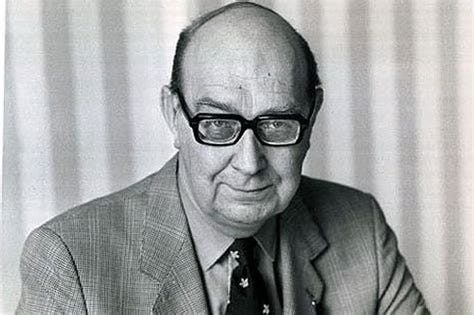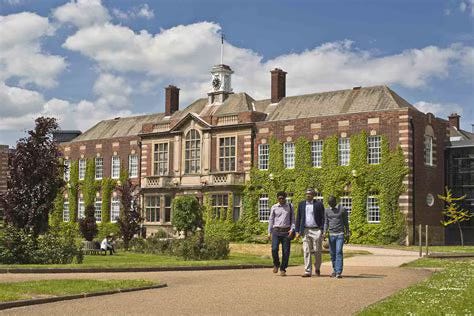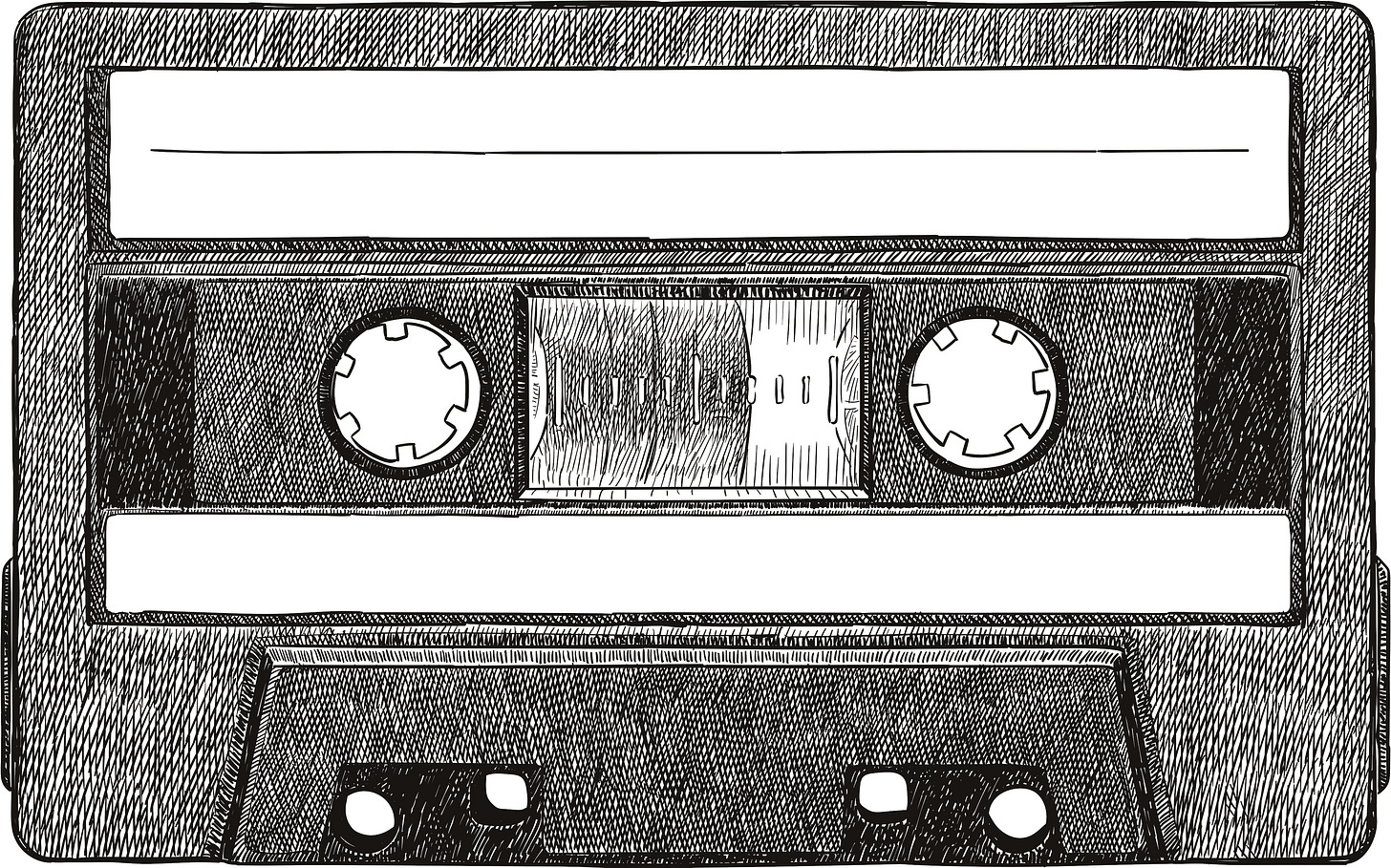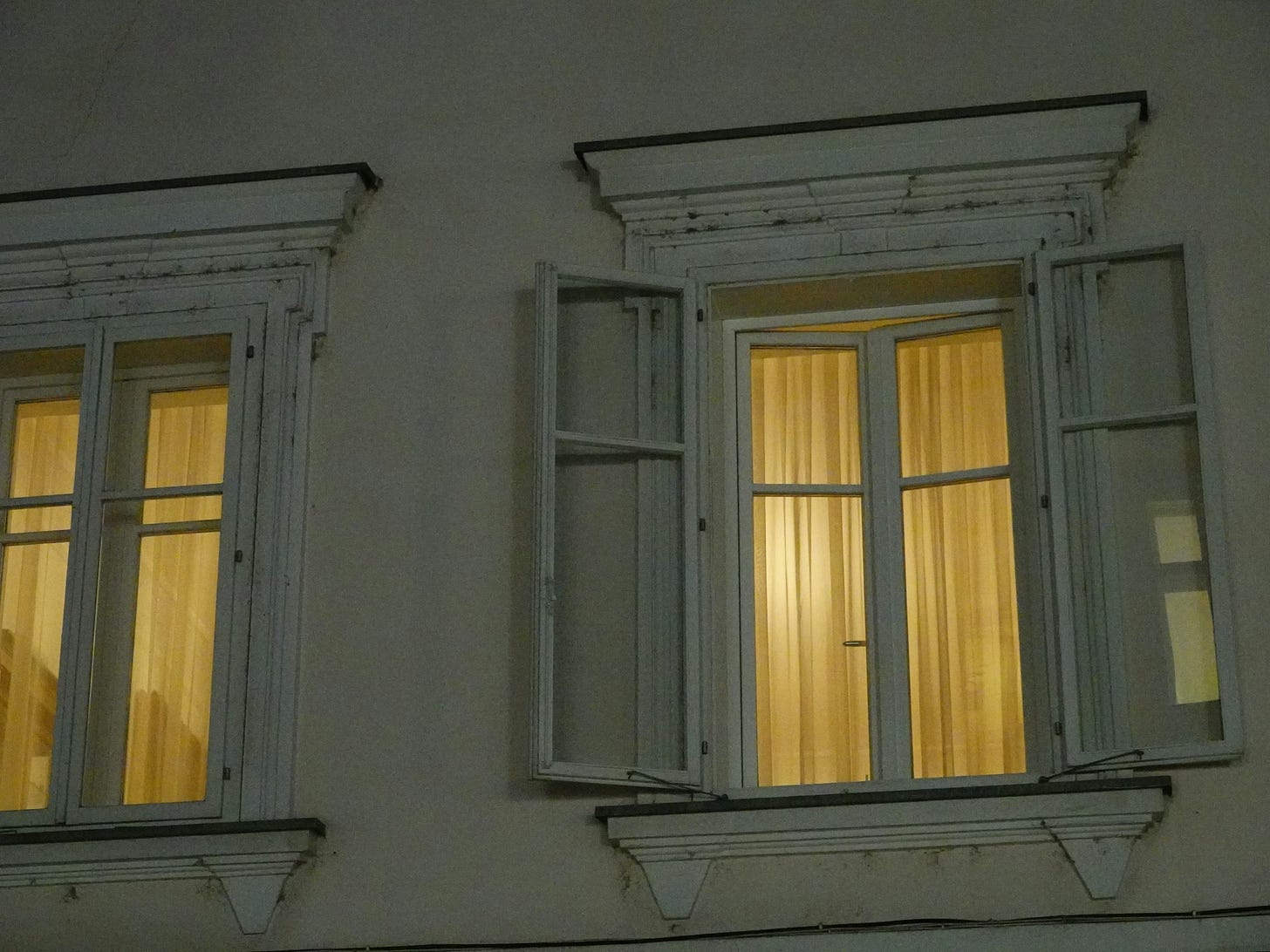Meeting Larkin
Why meeting your heroes might not be what you expect
I was a reasonable all-rounder academically at school, and my parents insisted warmly suggested I choose a degree course at university that would provide a gateway to a profession. I wasn’t so sure, as by then I was writing very bad poetry and for some obscure reason thought I would like to be a writer. Not in a serious or committed way; like many of my ideas about the future back then, it was a feeling rather than a plan. I thought English would be a great subject to study.
Unfortunately mum and dad didn’t agree and we had some lengthy conversations about my less than ideal choices. In the end I did a deal. I would do law so long as I could have a free hand in choosing the university. To their disgust I picked Hull, because at that time Philip Larkin was the librarian there.
I had an initial glimpse of The Great Man1 at a welcome lecture when he was wheeled out to speak to the freshers. Walking home that night I decided to find a way to meet him. Unfortunately, Larkin wasn’t one for mingling, and over the course of that first year it dawned on me that there was no way I was just going to bump into him.
I came up with a new plan - my Meet The Great Man Plan. I got a job working behind the bar at the Senior Common Room once or twice a week. This, I felt sure was bound to succeed. The money was useful as I enjoyed living it up buying law books. But no joy.
The end of term arrived, and the contractor running hospitality asked if I’d like to work for them over the summer break. I immediately agreed and was then more or less full time on functions. I also served every week day behind the bar of the SCR at lunchtime. Surely this would finally crack it.
The long summer weeks dragged by, and slowly my optimism dwindled. I was starting to be reconciled to never meeting The Great Man, and so, sadly, began my final week before the new academic year started. It was a Thursday, long after lunch, the SCR more or less empty. I was crouched behind the bar stocking up the mixers and shining glasses, when I felt rather than saw a shadow loom over me. I stood up and there, towering fifty feet above me was The Great Man. He was by then quite large, both tall and heavy. He was wearing his characteristic glasses and a three piece suit. I managed to squeak, ‘Dr Larkin, what can I get you?’
The Great Man paused, and when he spoke, it was with the seriousness and depth of meaning befitting a poet of genius. ‘A glass of red.’ The words settled in the room like thunder, the timbre of his voice rising from the depth of his magnificent soul.
‘Of course, er, any particular kind?’ This kind of sparkling repartee was sure to lure him in. He paused again, then looked at me steadily. Centuries passed in that moment, epochs dawned and fell, and there was almost certainly the sound of a French horn in the far distance.
‘Whatever gets me pissed most quickly.’
The Whitsun Weddings
Dad had a hardback copy of Elliot’s The Wasteland on the bookshelf at home. He also had a copy of Old Possum's Book of Practical Cats, so make of that what you will. As a teenager I would sit and leaf through The Wasteland, and while I certainly didn’t understand it, the sense of something irrevocably eroding or failing captured me. I came to The Wasteland when the punk revolution was just getting started. I sensed, but was perhaps too young to fully comprehend, that punk was a reaction to another kind of despair creeping over the UK at that time. And it was the first time I felt the power of poetry, not as something intellectual to admire, to try to understand, but as something merely to witness, to attend.
Frost told John Bartlett in 1913 that the best way to hear the abstract sound of sense is from voices behind a door that cuts off the words. Frost was referring to how the soundscape of a poem informs our pre-conceptions of a poem through sound, well before we start to internalise what the words are trying to say. Elliot suggests genuine poetry can communicate before it is understood, and both of these ideas were working on me when I approached The Wasteland that first time.
It must have been later that summer when I bought The Whitsun Weddings. I can’t explain why: I think I liked the thinness of the book, its plain pale cover, the green typeface, its plainness. There was something approachable about a slim book, with relatively few words on each page. At home I flicked through the poems, almost certainly with The Stranglers’s Something Better Change playing on my cassette recorder. Some of the poems were easier than others. A few left me cold and I am ashamed to say now that The Whitsun Weddings poem was one of them.
It’s hard to remember why it didn’t appeal, but it’s quite possible it was its length. I remember I’d spent a few weeks trying and failing to love Coleridge’s The Rhyme of the Ancient Mariner. I’m sure this was because I was in recovery from some very dull long poetry set for us at school. I think it erected what Billy Collins calls an anti-poetry deflector shield that came on line whenever I was presented with a long poem.
The Whitsun Weddings poem isn’t that long really, formed of eight, ten line stanzas. To my weakling teenage mind, it looked long though and I didn’t attend to it properly as a result. So it wasn't until a few months short of my seventeenth birthday, I thought I’d give it another go. The resulting experience turned me from what the young might call poetry-adjacent, to an all-in, fully paid up member of the poetry clan.
The first thing I noticed was that it rhymed, but with an effortlessness that felt like a charm, a species of magic. Then there was that weird, short second line in each stanza. What was going on there? It seemed to hold the rest of the poem back, to draw attention to itself. As I scanned the lines, with that odd little indent, I began to understand them as signposts, informing the reader when or where to stand. This is what I understand Richard Hugo to mean when he suggests in The Triggering Town, a poem should show the reader the ground to stand on.
The short lines are:
Not till about For miles inland The weddings made Waving goodbye Yes, from cafés I nearly died Bright knots of rail
Each of these lines tells us something about where we are, so the rest of stanza can take place. Then there are the images, bright and true which Larkin brushes with spare economy.
They watched the landscape, sitting side by side —An Odeon went past, a cooling tower, And someone running up to bowl—
I thought of London spread out in the sun, Its postal districts packed like squares of wheat:
Finally, as in many of Larkin’s poems the poem swells gloriously from the particular to the universal.
We slowed again, And as the tightened brakes took hold, there swelled A sense of falling, like an arrow-shower Sent out of sight, somewhere becoming rain.
This poem convinced me to become a reader of poetry, and later, very hesitantly, a writer of poetry too. Poetry became my Swiss-army knife, a multifaceted, handy little tool for reasoning with life. I could pry open hurt or peel back the cover of distress and see what it looked like, what it wanted me to say. Over time this practice absorbed the pain, transformed it into something I could bear. Something I could even rhyme, or place into a form.
What survives?
So I’m glad I met The Great Man. We all have our flaws, but only a very few write as beautifully as he does. And his poetry helped to open the possibility of poetry for me, gave me a set of lenses to inspect the world with, a means of looking into the fire safely.
I often think of Larkin’s sadness, his loneliness and disappointment. How he sat in his chair each evening with a wooden writing board on his knees. How looking out into his room through his thick spectacles, he once saw an arrow shower sent out of sight somewhere becoming rain.
Perhaps Larkin’s greatest gift was looking unflinchingly at whatever was there. By refusing to turn away, he chose instead to find the words he needed to memorialise what he saw.
Why did he bother? I think it’s because he was, in some profound and uniquely Larkin way, in love with life.
And as the man says, what will survive of us is love.
I am aware that the publication of Larkin’s letters together with Andrew Motion’s biography revealed Larkin, the man, to have a darker aspect. It doesn't change my view about his poetry.






